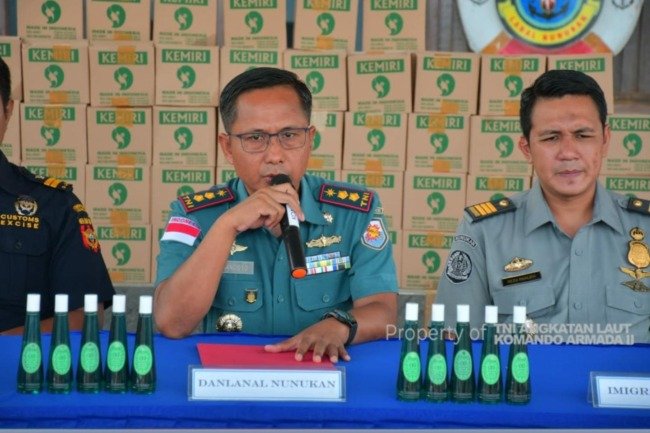SINGAPORE -Professor Gertjan Medema, 62 years old, has been awarded the prestigious Lee Kuan Yew Water Prize 2024 for his breakthrough research and discovery, and significant contributions in the field of wastewater-based epidemiology (WBE).
His research revolutionised the application of WBE for virus detection in wastewater during the COVID-19 pandemic.
“It is my great honour and privilege to receive the distinguished Lee Kuan Yew Water Prize. This award is a recognition of the innovative use of wastewater as a data source for trends in COVID-19 circulation in our communities. I see it also as a recognition of the hard work of many people in the water sector globally, collecting COVID-19 data from wastewater to support our society’s response to the pandemic. This tightens the connections between the water and health sectors. In the current post-pandemic world, wastewater monitoring is now firmly established as a tool for public health surveillance for an increasing number of diseases,” said Professor Medema, Principal Microbiologist at the KWR Water Research Institute, and the 10th recipient of the award since 2008.
Professor Medema’s contributions during the Covid-19 pandemic
With the emergence of COVID-19 in early 2020, Professor Gertjan Medema, a renowned microbiologist and an expert in water quality and health, and his team, recognised the need for early detection and monitoring, and began collecting wastewater samples across the Netherlands to test for the SARS-CoV-2 virus.
He quickly focused his team’s research on curbing the spread of the virus in the community through wastewater surveillance.
The results were promising when evidence of the virus was detected in the wastewater of several cities even before they were officially reported in these cities.
Professor Medema’s work has been foundational in establishing WBE as a tool for public health surveillance during the pandemic.
The impact of his work was evident from his first publication in this area which garnered substantial attention with over 1,400 citations and more than 34,000 views between 2020 and 2023.
Wastewater surveillance has since been adopted worldwide as a powerful tool for the early detection of diseases like SARS-CoV-2, even before cases are reported through clinical testing.
This in turn provides valuable insights into the prevalence of the virus in a community, and a proven cost-effective and non-invasive method for tracking the spread of the disease.
Wastewater surveillance in Singapore
At the start of the COVID-19 pandemic in Singapore in 2020, NEA’s Environmental Health Institute (EHI), in collaboration with PUB, Singapore’s national water agency, the Home Team Science and Technology Agency (HTX), and other partners from local universities and research institutes explored wastewater monitoring as an epidemiological tool and early warning system for outbreaks.

















